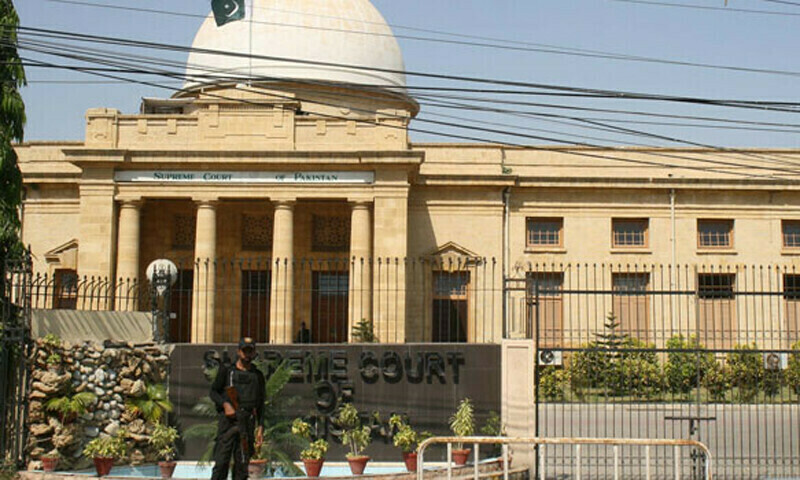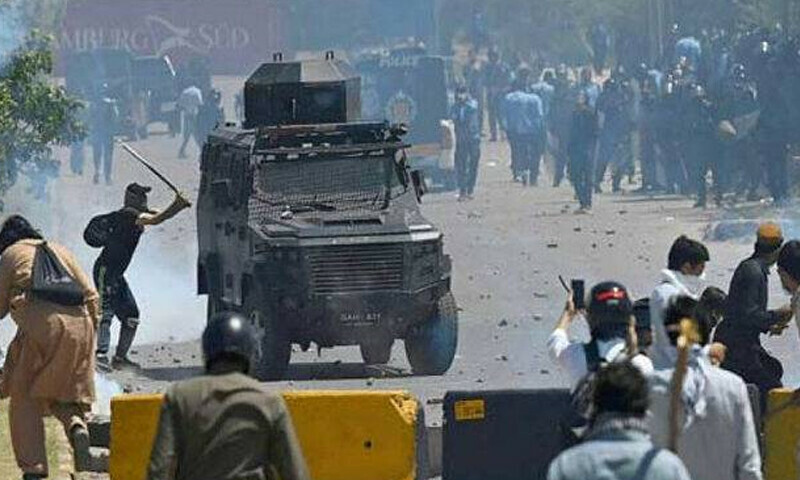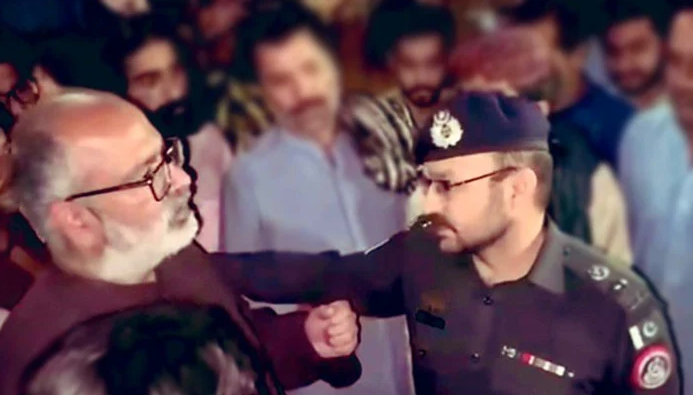LEGAL

Former Administrative Judge of the Anti-Terrorism Court (ATC), Syed Zakir Hussain, has approached the Supreme Court Karachi Registry requesting the withdrawal of his powers after his controversial decision in the Mustafa Amir murder case. The case involved Armaghan, an accused involved in the kidnapping and murder of Mustafa Amir in Karachi's Defense area.
Background of the Case
Mustafa Amir went missing on January 6, and his mother filed a missing persons report the following day. The case escalated when a ransom demand of Rs 20 million was made to the family. The investigation later revealed that Mustafa had been tortured and killed by his friend Armaghan, and the body was burned and disposed of in the Malir area.
During the case proceedings, Syed Zakir Hussain, as the presiding judge, refused to grant physical remand of Armaghan and instead sent him on judicial remand. This decision sparked controversy and was later declared null and void by a two-member bench of the Sindh High Court.
The Controversy and the Court's Remarks
The Sindh High Court issued strong remarks against the ATC judge, criticizing his decision and questioning the handling of the remand. The petition filed by Syed Zakir Hussain claims that the remarks were issued without allowing him to present his defense, violating Article 10A of the Constitution, which guarantees the right to a fair trial.
Hussain’s petition appeals for the dismissal of these remarks, arguing that they tarnish his long judicial career and seek to clear his name.
Request for Withdrawal of Powers
Following the Sindh High Court's decision, Zakir Hussain filed a petition in the Supreme Court Karachi Registry, requesting the withdrawal of his powers as the Administrative Judge of the ATC. The Supreme Court accepted the petition for hearing and directed that the case be brought before a three-member bench in the next session.
Further Developments in the Case
The investigation into the Mustafa Amir murder case has seen significant developments, with Shiraz, Armaghan’s associate, confessing to his involvement in the murder and helping authorities recover key evidence, including the burnt car used to transport the body. The police are still seeking the deceased’s mobile phone, which is crucial for further investigation.
The Role of Interpol and the Girl's Statement
The case also involves a love triangle, as both the victim, Mustafa, and the accused, Armaghan, were allegedly involved with the same girl, who had left for abroad. Investigators are now working with Interpol to contact the girl, as her statement is vital to understanding the motives behind the murder.
Legal and Judicial Repercussions
The case has stirred debates about judicial accountability, the role of the Anti-Terrorism Court, and the handling of high-profile criminal cases. The outcome of the Supreme Court’s hearing on the appeal of Syed Zakir Hussain could set significant precedents in the judicial handling of controversial cases in Pakistan.




